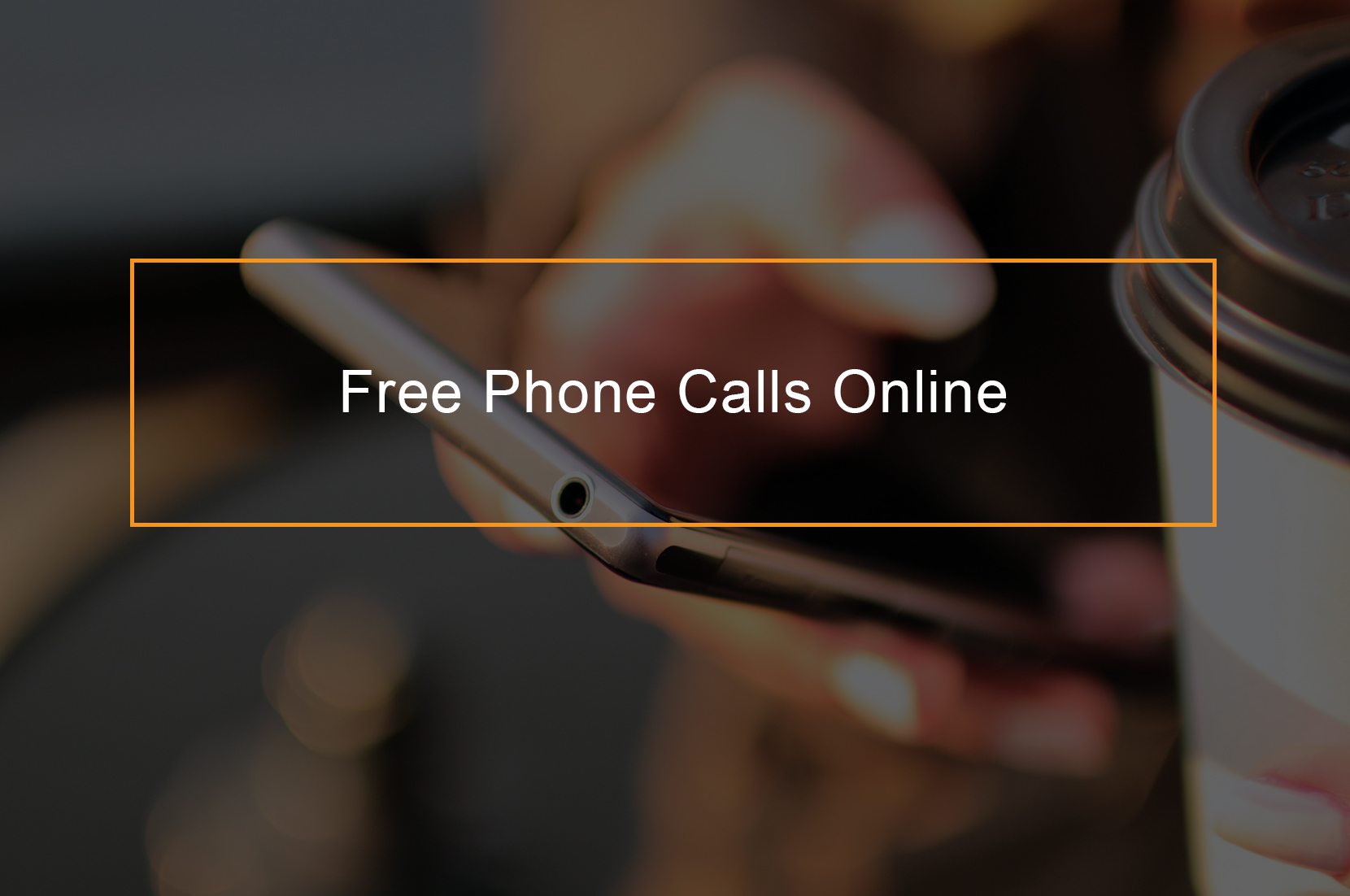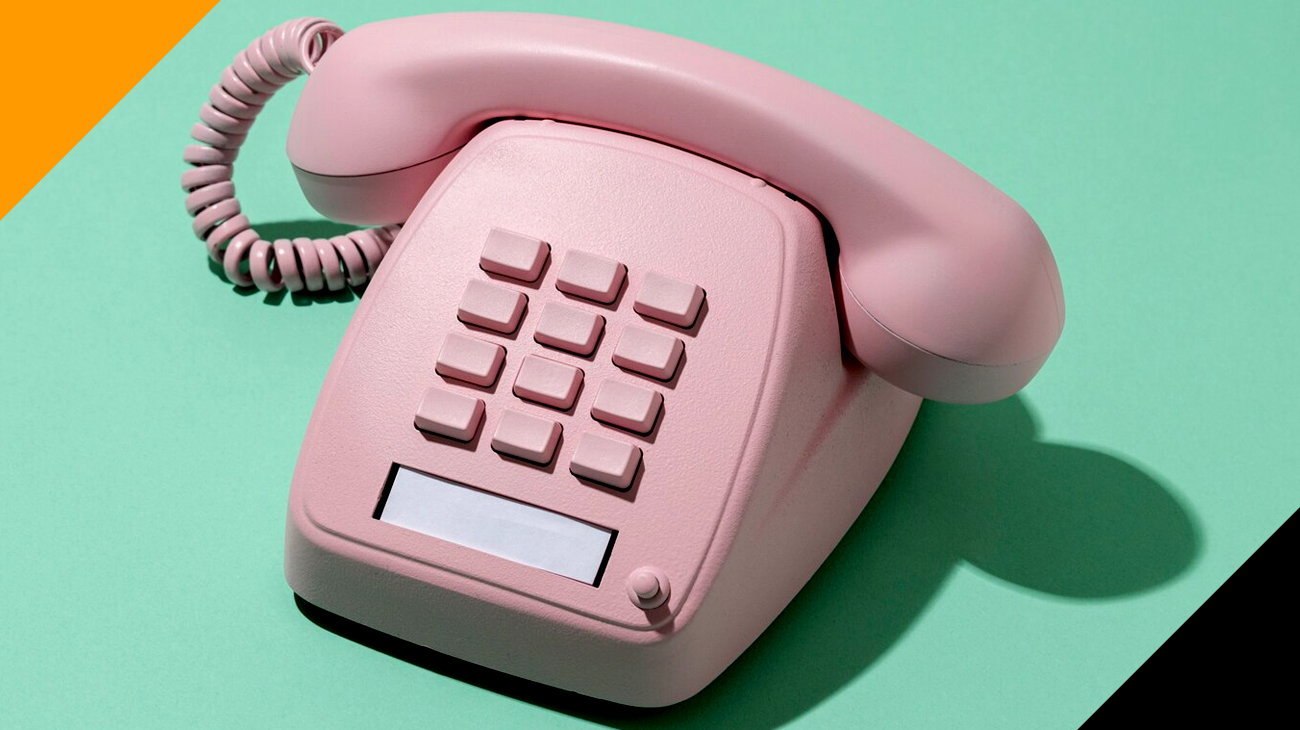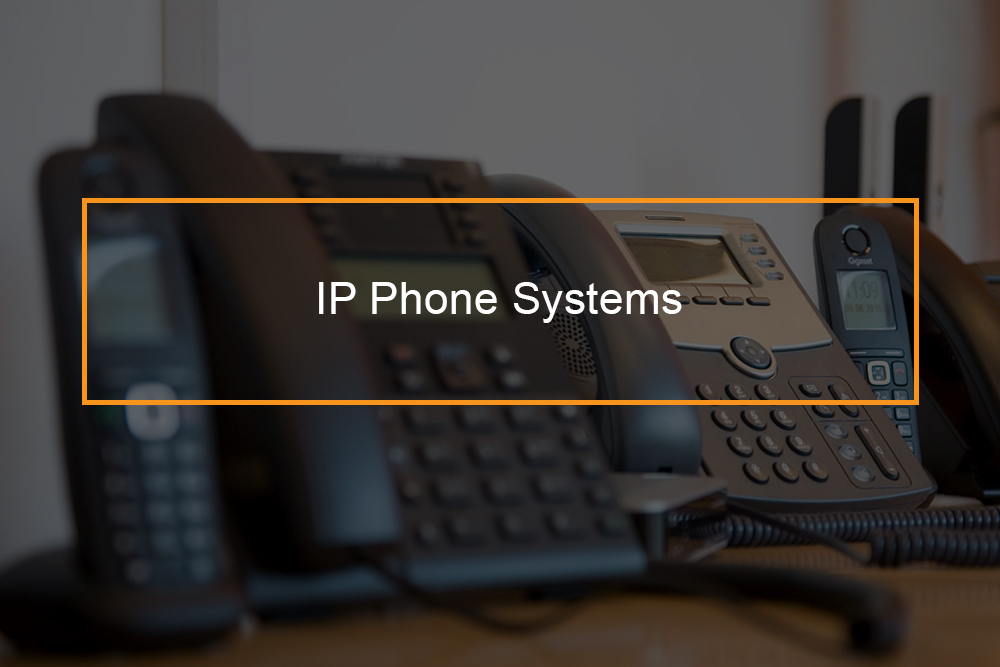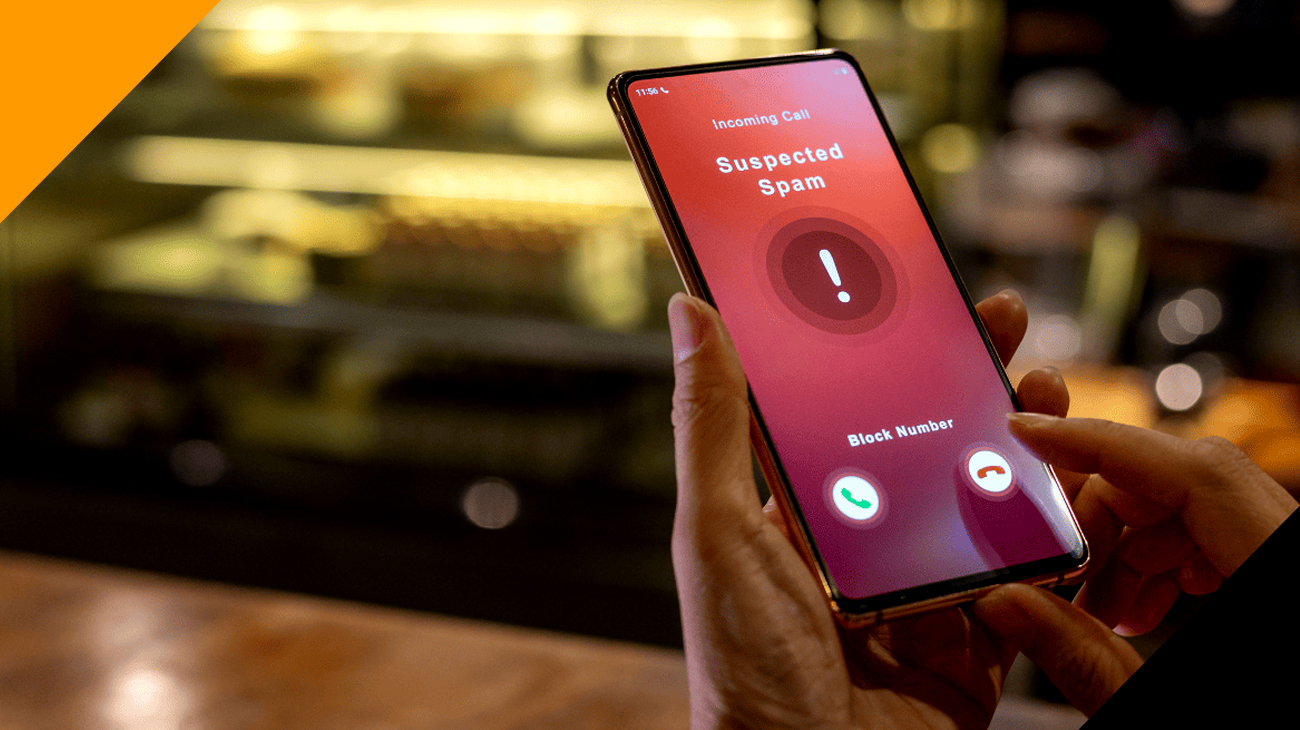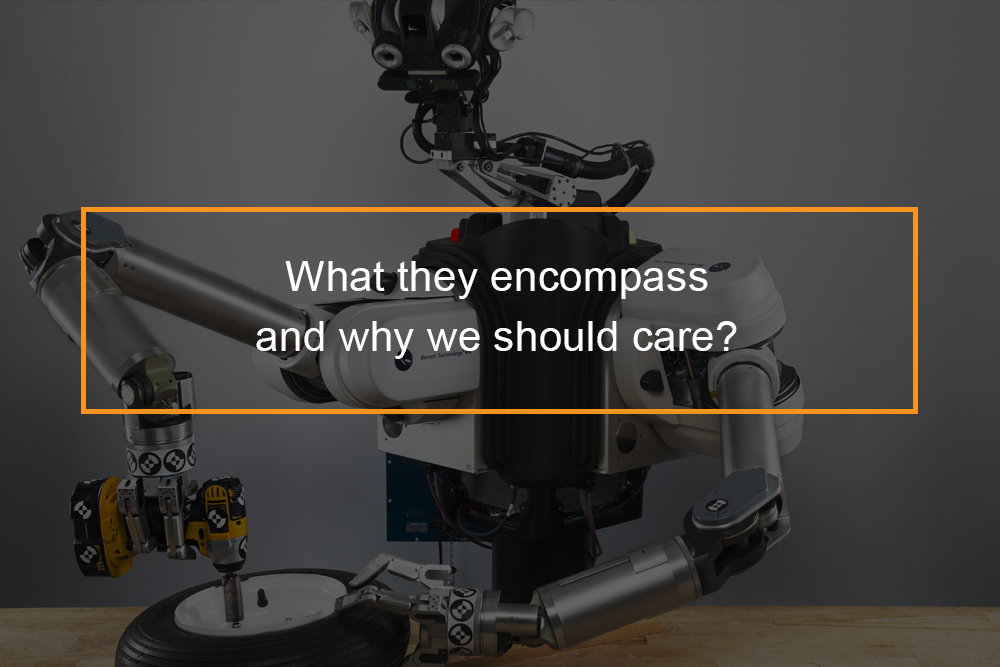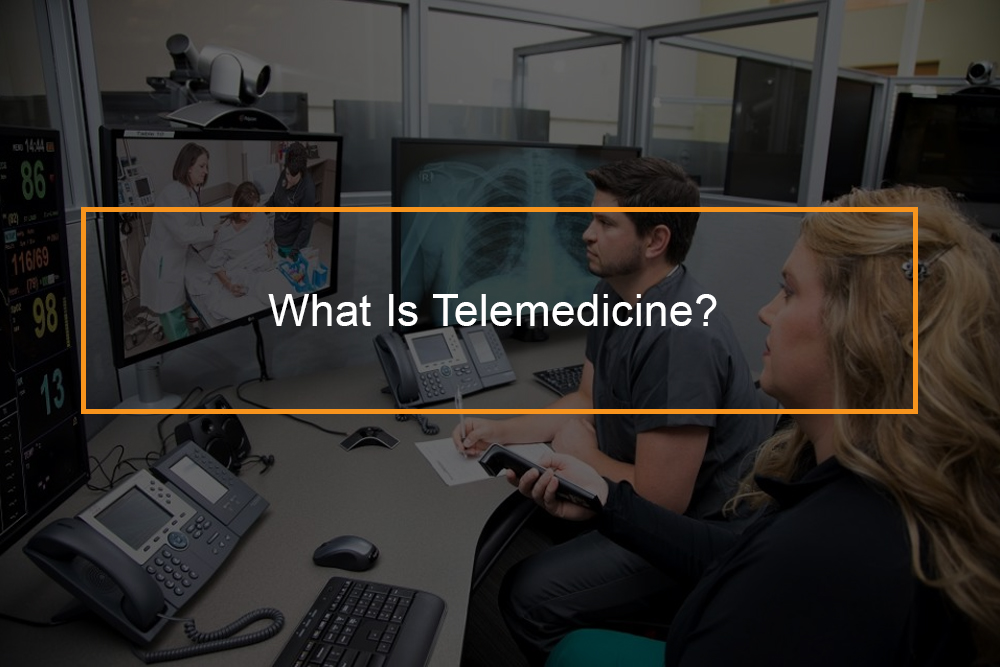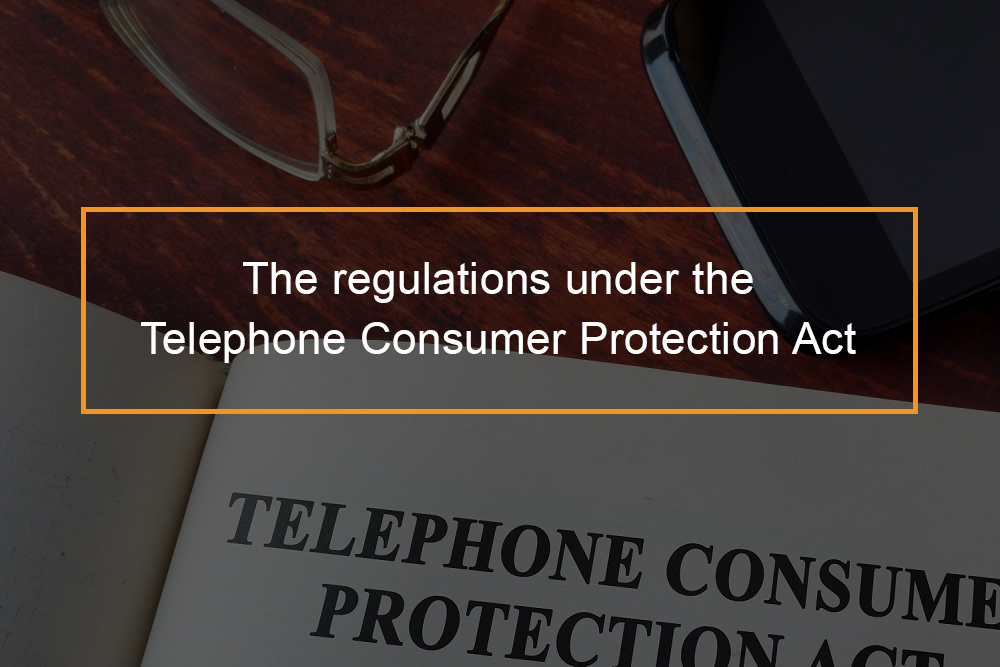ATDS Vs Predictive Dialer

Battle Between Atds And Predictive Dialer
Automatic telephone dialing systems (ATDS) refers to a gadget or technology that stores the telephone numbers, retrieves them and then dial numbers, without involvement from a human. Receiving ATDS phone calls is an ordinary, but difficult, experience for customers. They are often employed by telemarketers or businesses to send out advertising messages to their clients. They are also used by companies to make calls that advertise their products. Telephone Consumer Protection Act (TCPA) is designed to stop companies from using technology to call customers who are harassing and to protect consumer’s rights to privacy.
Is A Predictive Dialer An Atds? This article will provide everything you need to learn about an automatic telephone dialing device (ATDS) and TCPA lawsuit details.
Table of Contents
Is a predictive dialer an ATDS?
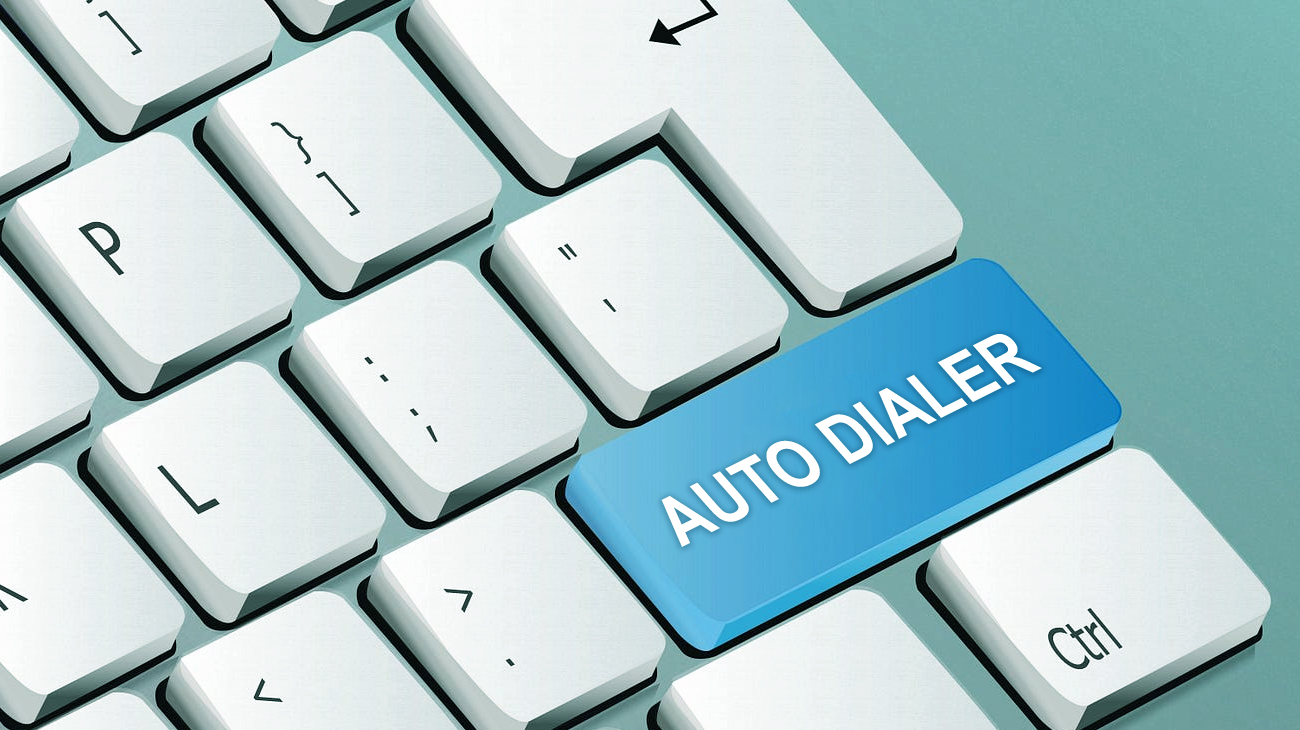
Is A Predictive Dialer An Atds? Whether or not a predictive dialer is an ATDS under the Telephone Consumer Protection Act (TCPA) is a complex question that depends on a variety of factors. In April 2021, the US Supreme Court issued a ruling in the case of Facebook v. Duguid that narrowed the definition of an ATDS. The Court held that for a dialing device to be considered an ATDS, it must have the capacity to store or produce phone numbers using a random or sequential number generator.
Most predictive dialers do not use random number or sequential number generators. Instead, they dial from a pre-populated list of phone numbers. As a result, many predictive dialers would not be considered ATDSs under the Supreme Court’s ruling.
However, there are some exceptions. For example, if a predictive dialer can randomly select phone numbers from a list, or if it can generate a list of phone numbers using a random or sequential number generator, then it would be considered an ATDS.
Additionally, the Supreme Court left open the possibility that a predictive dialer could be considered an ATDS if it has other features that make it similar to an ATDS. For example, if a predictive dialer can automatically dial numbers and deliver prerecorded messages, it could be considered an ATDS even if it does not use a random or sequential number generator.
Ultimately, whether or not a predictive dialer is an ATDS is a factual question that must be determined on a case-by-case basis. If you are unsure whether or not your predictive dialer is an ATDS, you should consult with an attorney.
What is atds?
The TCPA restricts access to “automatic calling system”(ATDS) as well as defines AIDS as dialing devices that can dial numbers generated in a sequential manner or randomly. In the event that an ATDS is employed for residential calls, then the requesting person must have given written permission before they are dialed. Prior to recent times ATDS was defined as a service. ATDS was thought to be very wide and would likely cover the majority of predictive dialers.
In April 2021, it was the time that the US Supreme Court decided Facebook vs. Duguid case and offered an extremely narrow definition of what an ATDS is. The Supreme Court decided that for predictive dialers or any other dialing device to qualify as an ATDS the device must use a random or sequential number generator that can generate or store numbers for telephones and then dial the numbers. The majority of predictive dialers don’t employ random numbers or sequence number generators, and might not qualify as an ATDS under the TCPA.
What is TCPA?
TCPA refers to its Telephone Consumer Protection Act. It was a law that was passed by the House of Representatives in 1991 that addressed concerns of consumers about the use of telemarketing. The TCPA regulates certain telemarketing equipment and practices, which include:
- Pre-recorded messages
- Robo-messages
- Auto-dialing systems
- Text messages
- Fax machines
In addition to that, the TCPA mandates that auto-dialing as well as voice message equipment transmit the contact information of the caller. Callers are not allowed to call prior to 8 am or after 9 pm or after 9 PM, and they aren’t able to contact those who have signed up to an unregistered do-not-call registry.
TCPA compliance requires constant monitoring – it’s not a one-time-fix process. If a person changes their phone number, they may need to be on the registry or not call. Additionally, consumers can opt out of being anytime.
In light of these and many other reasons, TCPA compliance represents an issue in contact centers. They don’t want to be in the face of law enforcement; however, they aren’t always equipped to achieve (and keep) compliance.
What Is A Predictive Dialer?
A predictive dialer (or “predictive”) is a device that permits outbound calls to be automatically made. The volume of calls made is based upon an algorithm that anticipates (or “paces”) the calls so that once the call is made to an individual, a representative from a call center will be on hand to take the call. In turn, predictive dialers usually make more than three times as many outbound calls as agents.
| The Pros of the Predictive Dialer |
| Increased Productivity: Predictive dialers can increase productivity by automating the process of making calls and connecting them to agents as soon as they are available. It “predicts” when the next call will be answered and connects the call to an available agent. As a result, it will improve the efficiency of the call and reduce the amount of time spent on making those calls. |
| Increased Revenues: Making the right connections with potential buyers is a critical part of any successful sales process. With a predictive dialer, your sales team will only be contacting prospects who are likely to make a purchase. In addition, predictive dialers can help to identify potential customers and leads, and can provide information about the best time to contact them. This can help to increase the number of sales and the amount of revenue generated. |
| Cut down on idle time: Customer happiness and assistance can be increased with the help of a predictive dialer. With the help of data provided by the predictive dialers, customers can be contacted at convenient times in order to pitch them about the products they might be interested in buying. This makes them more likely to have a favorable reaction. By taking these steps, you can significantly boost customer loyalty. |
| Effective management of leads: A predictive dialer can be used to automatically call a list of leads and screen them based on certain criteria (disconnected calls, voicemails, unanswered calls, etc). If a lead meets the criteria, they will be connected to a sales representative. This can help to improve the efficiency of the sales process by reducing the amount of time spent on making phone calls, and it can also help to improve the quality of leads by making sure that they are properly screened before being passed on to a sales representative. |
| Increased Focus on Quality Assurance: Managers can listen or monitor an agent’s performance live or via call recording feature. This can help managers to identify issues and trends more quickly and to take corrective action more effectively. Additionally, predictive dialers can help to improve call quality by providing real-time feedback to agents and by monitoring calls for quality assurance purposes. |
Prerecorded Messages And Predictive Dialers
The TCPA is still preventing predictive dialers from recording pre-recorded messages on mobile phones. Numerous companies using predictive dialers clean their lists with services that determine which numbers are cell phones and which are landlines. The phones are put in a list that can be manually dialed with an overview dialer.
This is especially important when an outbound campaign sends pre recorded messages to the party being called. These rules are particularly relevant when using voice broadcast dialers, and (more recently) to voicemail messages that do not ring. Many States have laws that prohibit the use of cell phone calls thus this practice of separating lists is crucial.
Types of Dialers for Call Centers
- Preview Dialer
This is a good option in situations where the issue requires a level of preparation before making the call. For example, if the agent is calling to discuss the issue with an online reservation it would be beneficial to verify the history of the customer before calling. The dialer is able to function by two methods:- The agent is able to preview the data for a specified time period, and the dialer then will dial after the time is up;
- Agents look over the information for an indeterminate period of time before deciding which time to dial.
- Power Dialer
This dialer is used to connect people only with calls received by someone. The Power Dialer dials a number immediately after the call has ended. If a number is not being used busy, disconnected or busy the power dialer automatically switches to the next. Unwanted calls don’t get sent to anyone, so there’s no need to waste time waiting for busy signals, invalid calls, unconnected lines or voicemail responses.Rates for dialing are adapted depending on the relation between the number of agents as well as the needs or objectives of calls. - Predictive Dialer
Predictive dialers estimate the typical time to answer calls and then cross-check that information with the amount of agents. Intelligent algorithms can predict the number of dials that need to be completed. It’s also known as Rapid Dialer.
The behavior of dialing is based on statistics and is higher than the amount of agents. Being aware that a certain percentage of calls aren’t authentic, these dialers determine the appropriate number of dials to ensure that every agent is in the line and with less interruptions between calls. For example, if the call center’s statistics reveal that an average call lasts for 60 seconds the predictive dialer could begin dialing after 50 minutes. Dialing patterns can be customized to meet the needs of business.

